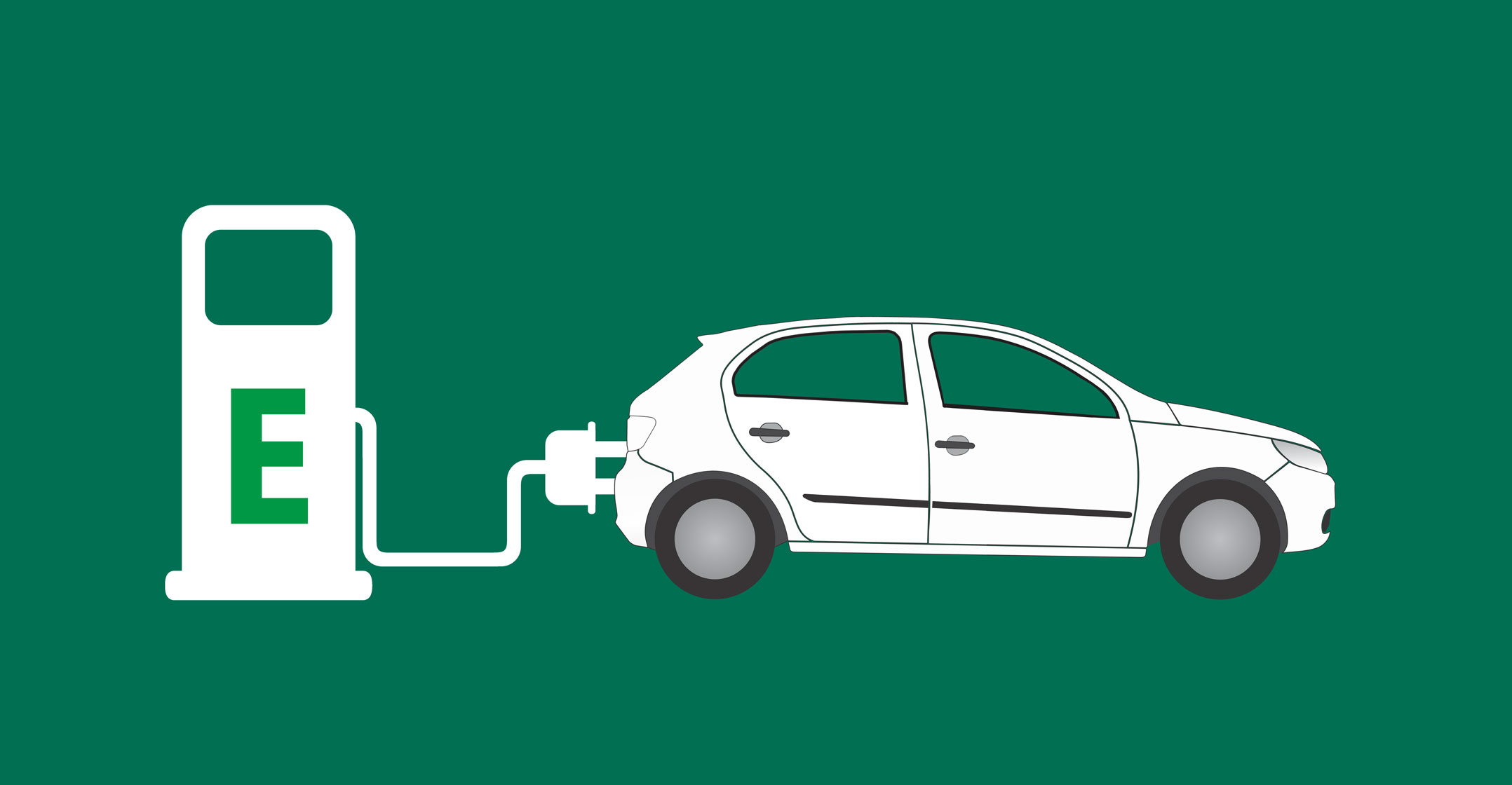 China’s electric vehicle market is so overcrowded it’s starting to resemble the dot-com bubble that burst at the turn of the century, the industry’s top producer warned, sounding the latest alarm for an market stacked with about 500 players.
China’s electric vehicle market is so overcrowded it’s starting to resemble the dot-com bubble that burst at the turn of the century, the industry’s top producer warned, sounding the latest alarm for an market stacked with about 500 players.
There are many similarities between China’s EV market today and the crash two decades ago, when all kinds of random companies sought to become internet success stories, Lian Qingfeng, executive vice president at Beijing Electric Vehicle Co, said at the company’s Beijing headquarters on Wednesday. As many as 80% of the current start-ups could disappear, with a big shakeout coming within a couple of years, he said.
For years, generous government policies and ample funding turned China into a mecca for entrepreneurs seeking to become the next Elon Musk, transforming the country into the world’s largest market for battery-powered vehicles — by a large margin. But as the government begins to pull back on handouts and traditional car makers get serious about making electric cars, pressure is building on many of these start-ups to come up with sustainable business plans.
“Some of the automakers may be eliminated intensively by 2021 due to the lack of core strength such as capital shortages or the failure to pass ‘live or die’ tests,” Lian, 39, said. “Speculators will be squeezed out during the process, while the pressure to survive will help competitive companies emerge as the true leaders.”
BJEV will be among the last companies standing because “the pressure we are facing is manageable”, Lian said.
Shares in the electric car maker rose as much as 5% in Shanghai before trading up 1.7% at 9.57 yuan as of 11.30am local time. BAIC Motor, the publicly traded unit of BJEV’s parent and also a shareholder of BJEV, rose as much as 3.2% in Hong Kong.
Ranked second
Lian has reason to be confident. BJEV is a unit of Beijing Automotive Group, or BAIC, the state-owned behemoth that makes Mercedes-Benz and Hyundai cars in China. Including micro EVs, BAIC has topped China’s passenger EV market for two straight years, accounting for 19% of sales in 2018, according to estimates at Sanford C Bernstein. Excluding those tiny cars, it ranked second after Warren Buffett-backed BYD.
After billions of dollars were poured into the industry in China — BloombergNEF estimates start-ups raised nearly US$8-billion last year alone — only 20 to 30 vehicle manufacturers may survive, Lian said. There were 486 EV manufacturers registered in China as of March, more than triple the number of two years ago.
To gain an edge over rivals, BJEV has been exploring approaches to help consumers charge cars more easily. On top of the 75 000 charging poles designated for BJEV’s customers and 290 000 public charging spots nationwide, the company established 139 battery-swap stations that it said enables motorists to install fully charged packs in 90 seconds.
BJEV is working to develop more models suitable for battery-swapping, and it welcomes collaboration with other car makers, such as NIO, on that front, Lian said.
The BAIC unit, which has focused on making pure electric cars, is expanding its line-up to include fuel-cell cars, and it will test some vehicles during the Beijing Winter Olympics in 2022, Lian said, without providing more details. — Reported with assistance from John Fraher, Emma O’Brien and Angus Whitley, (c) 2019 Bloomberg LP




